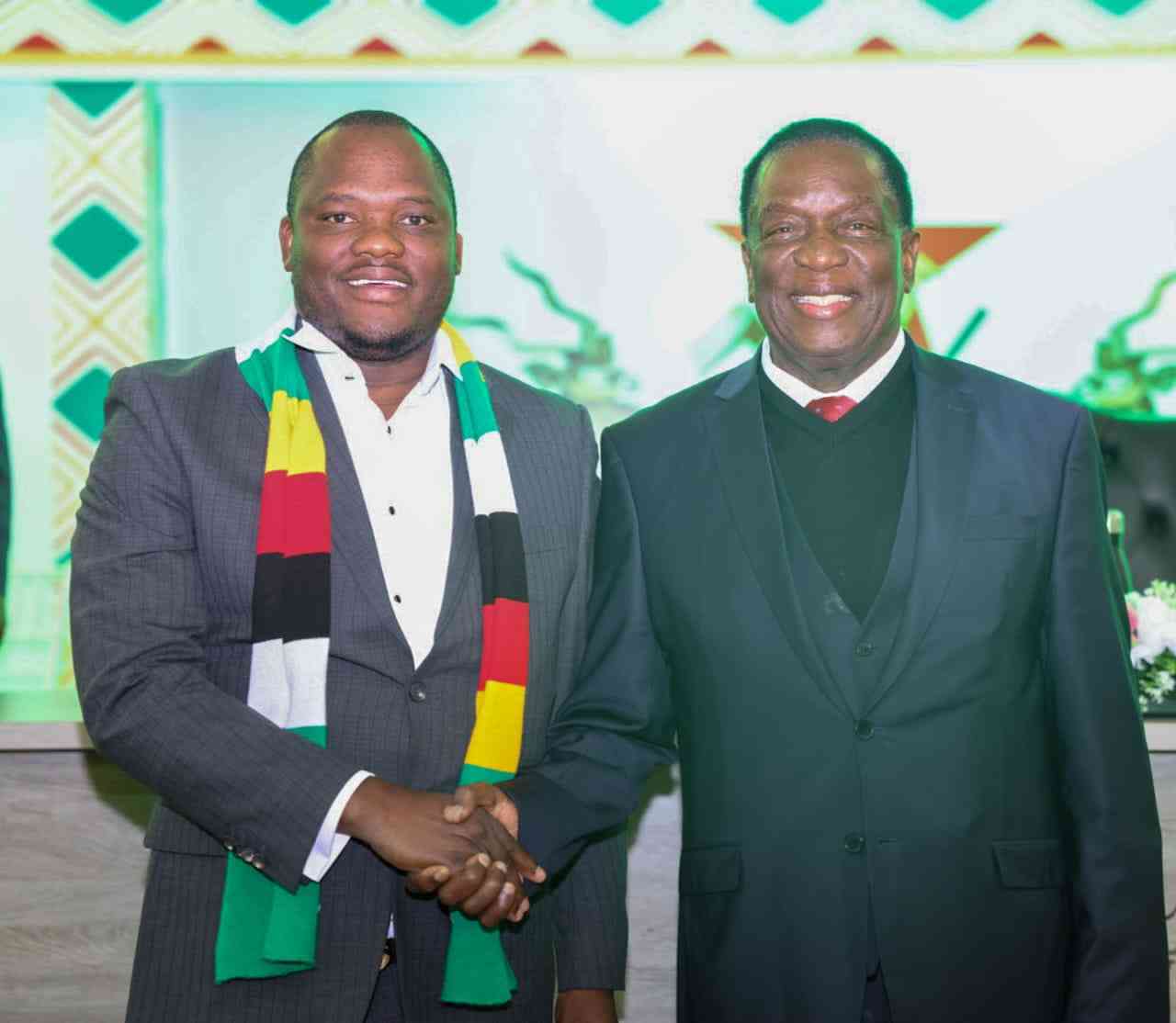
LAST Friday, the Movement for Democratic Change’s National Council announced its decision to proceed to implement the power sharing agreement by agreeing to join the inclusive transitional government that is headed by incumbent President Robert Mugabe.
History may never know the significance of this decision but it suffices to say that it marks a defining moment in the transition to a democratic constitutional order.
Firstly, the post-March 2008 events have demonstrated that the future of Zimbabwe is no longer exclusively under the control of President Mugabe and Zanu PF.
If anything, the delay in implementing the Global Political Agreement has exposed that credibility and legitimacy can only be restored to Zimbabwe by an inclusive administration.
Secondly, it is common cause decoupling the state from the former ruling party was never going to be easy. This development marks the first stage of transition that will usher in a new era of transparency.
The state has been controlled exclusively for the last 29 years by one party and what this development will do will be to allow people who hitherto have been victimised through the use of state power to become part of the state institutions.
Thirdly, the inclusive government is neither an MDC nor Zanu PF government. It is a transitional government that recognises the wishes of the people who voted on March 29 that the transition ought to be carefully managed.
The people, fully knowing that the political hegemony on the state by Zanu PF is history, can then write their own constitution. It is now up to citizens to put meaning to what kind of Zimbabwe they want to see. Transformation has started and the rest is left to Zimbabweans.
- Chamisa under fire over US$120K donation
- Mavhunga puts DeMbare into Chibuku quarterfinals
- Pension funds bet on Cabora Bassa oilfields
- Councils defy govt fire tender directive
Keep Reading
Fourthly, Mugabe is going to turn 85 in a few weeks and it must be accepted that he is part of the solution having monopolised the state for the last 29 years and by virtue of his special place as a founding father.
This development allows the dismantling of the Zanufication of the state without risking a civil war.
Mugabe’s grip on the party and the state has been tested and it is clear that he is still in control of his troops, making it possible for the transition to take place. Mugabe cannot be part of the future but certainly he will be required in order to manage the transition.
Fifthly, the legislative arm of the state is already under the control of the opposition ie parliament as well as other significant municipalities, making it possible to align opposition control of the legislative branch with the executive and the judiciary. Institutional changes are required urgently to restore the people’s confidence in their state.
It is now up to the MDC to seek to connect the state to the people because under Zanu PF, even Mugabe has been alienated from the people’s agenda sufficiently to make him uninformed about the real challenges that confront the nation.
The future of the country lies in the citizens finally taking control of their future. This requires that an investment be made on creating a new Zimbabwean identity firmly founded on key fundamental principles and values.
The kind of Zimbabwe that people want to see cannot be an accident of history or a monopoly of the actions of state actors, but a change of attitude. Hope for Zimbabwe lies in actions and implementation of the GPA will require citizen support and participation.
Many will naturally be sceptical about the power sharing agreement choosing to focus on Mugabe, the person, rather than what the country needs to move forward. The country needs healing and requires the cooperation of former foes to lift it up. The bitterness of the past and its sustenance will not add any value to the future.
It would be simplistic to regard the crisis in Zimbabwe as an exclusively Mugabe problem. After all Mugabe is just another human being with no more than 24 hours in a day.
The people who stood more to lose by Zimbabwe sinking into an economic abyss must also look at their actions over the last 29 years to see if they also did not contribute to the crisis by choosing not to be the change they wanted to see.
The political economy of a post-colonial state is complicated by the nature and context in which the colonial state was operating and its alignment to the values of the mother countries of the settlers, to the extent that it becomes difficult to move forward without addressing historical issues.
Mugabe was a product of colonialism and it shaped his worldview about what kind of Zimbabwe he wanted to see.
Zimbabweans need now to engage constructively in a conversation about what kind of Zimbabwe they want to see particularly in terms of its institutional framework and the role of the state and citizens in advancing national interest.
lMutumwa Mawere’s weekly column is published on newZimbabwe.com every Monday. You can contact him at: [email protected]
BY MUTUMWA MAWERE











